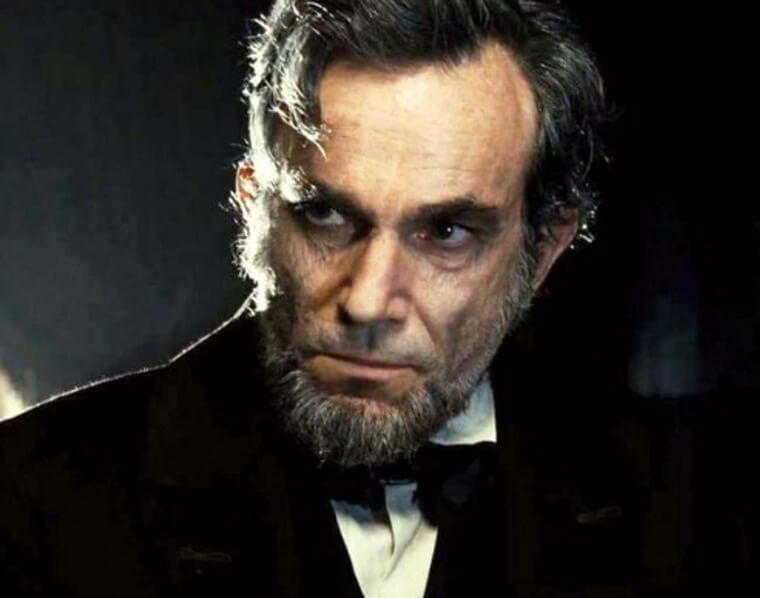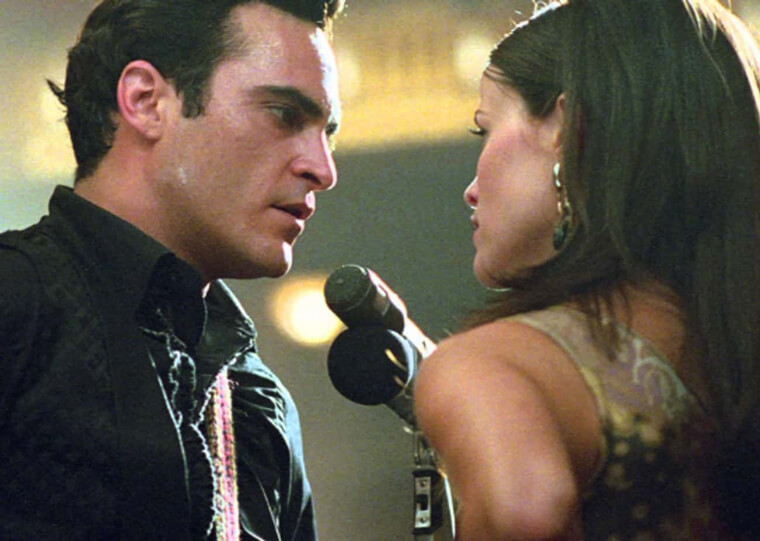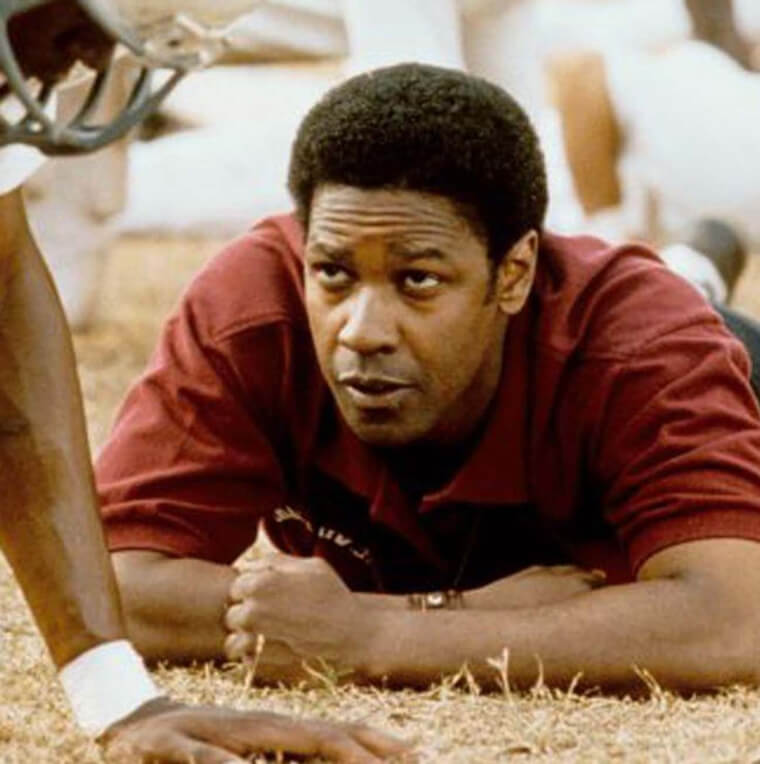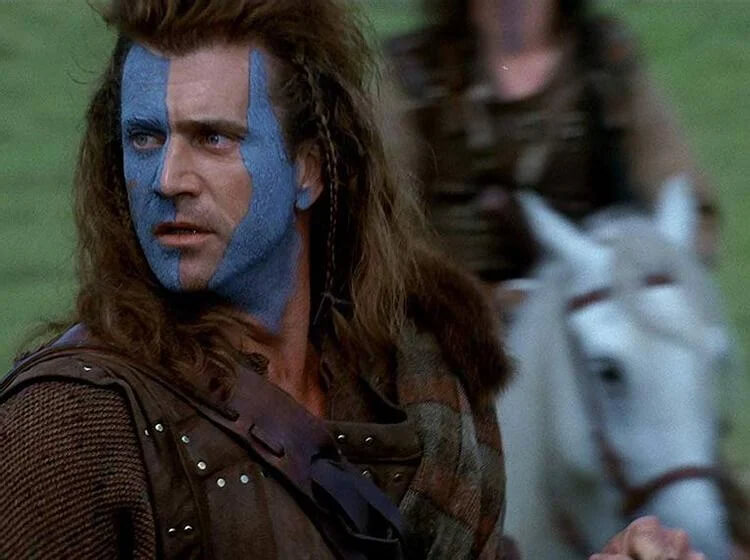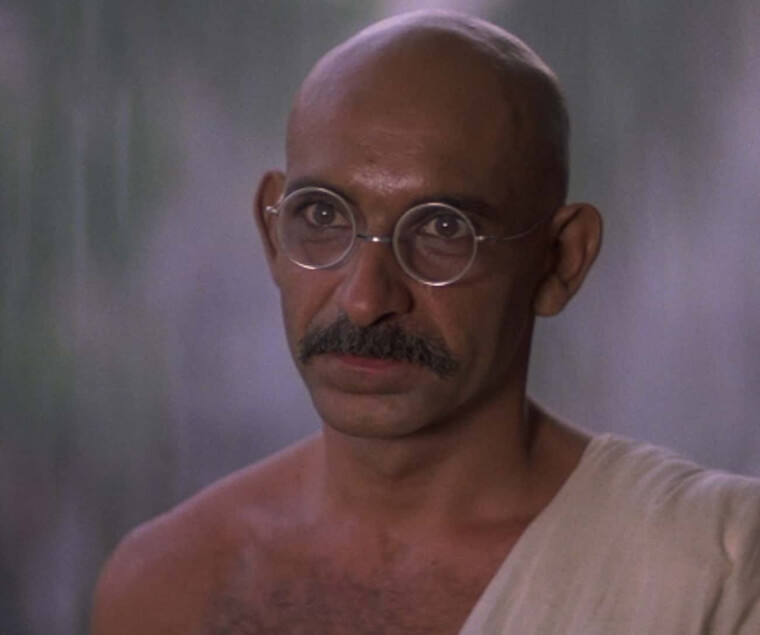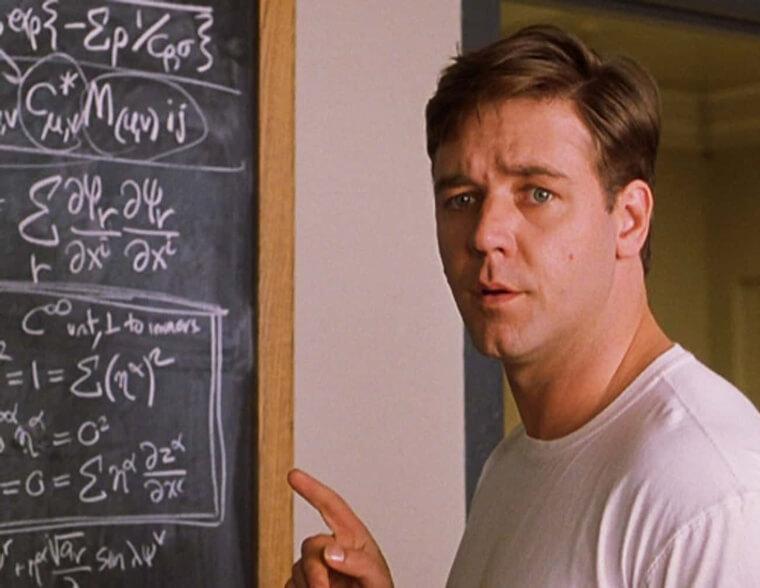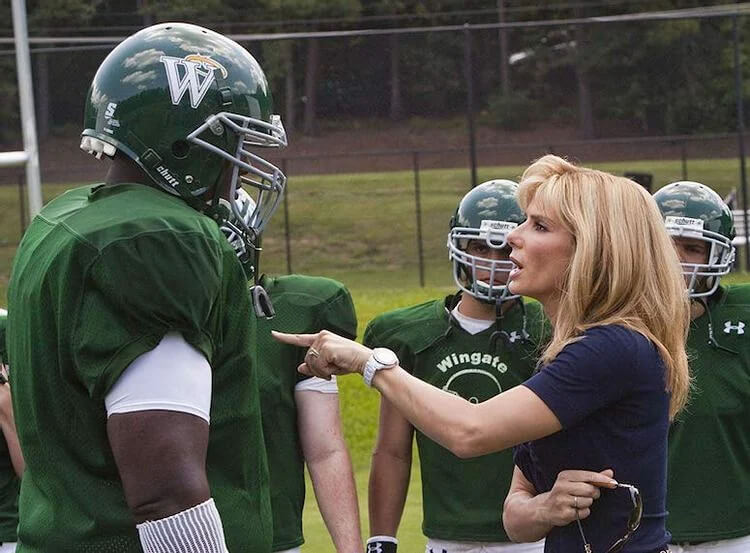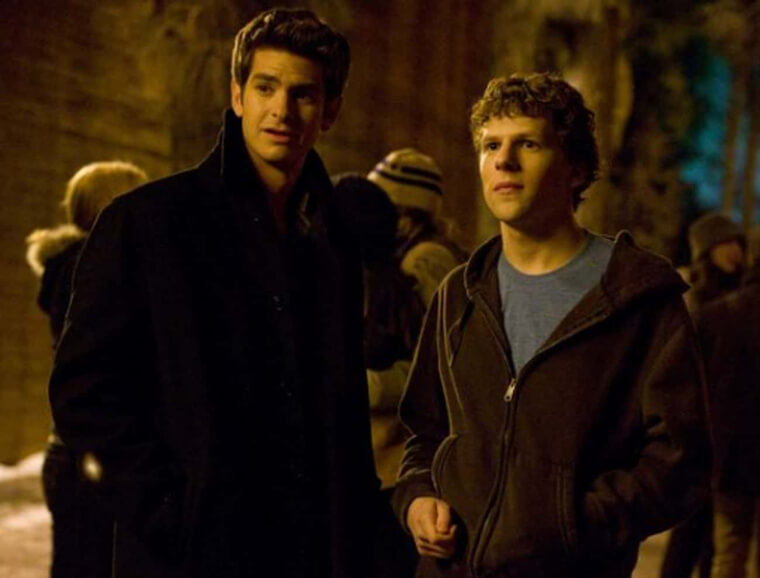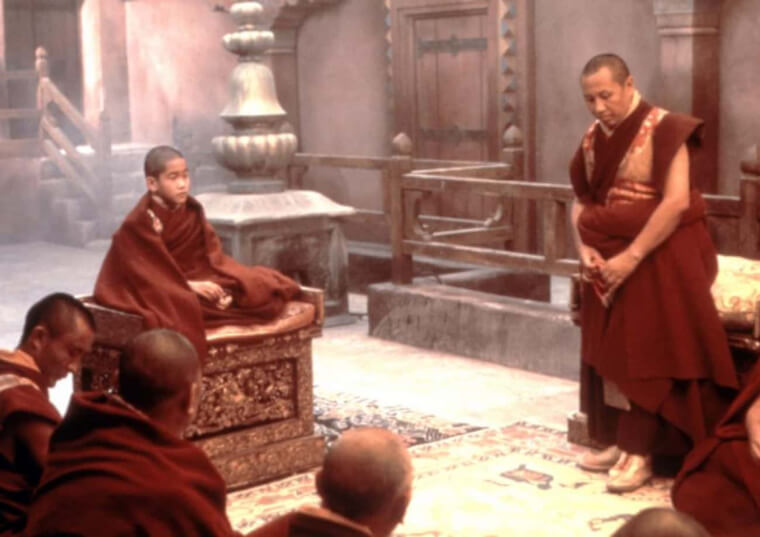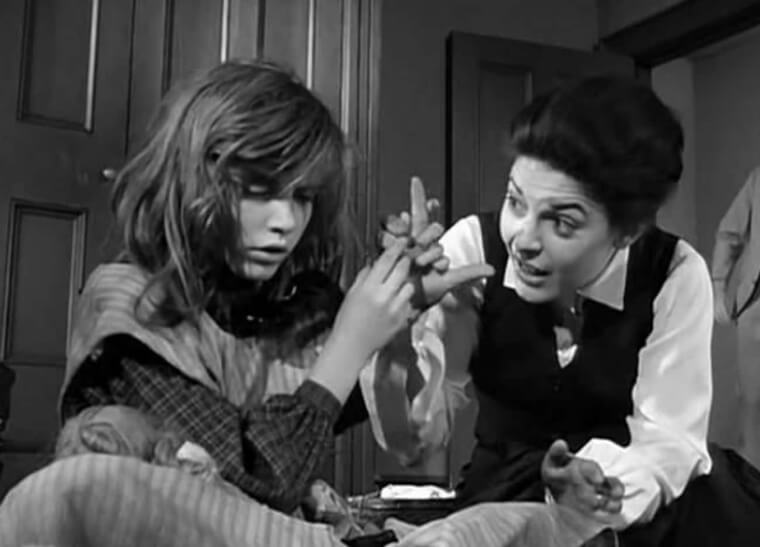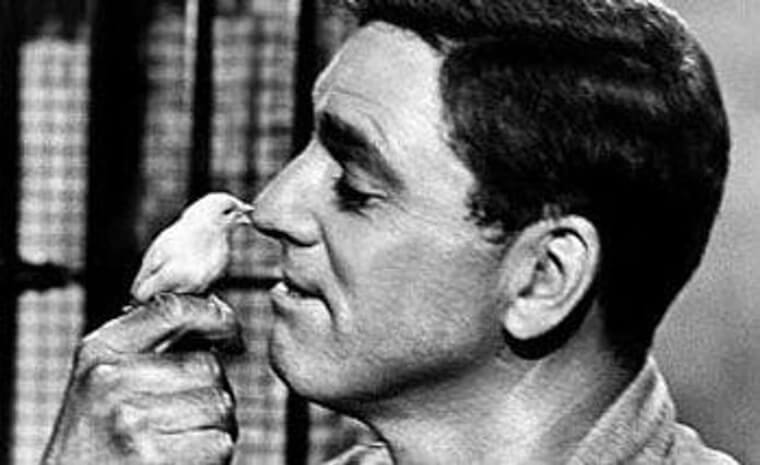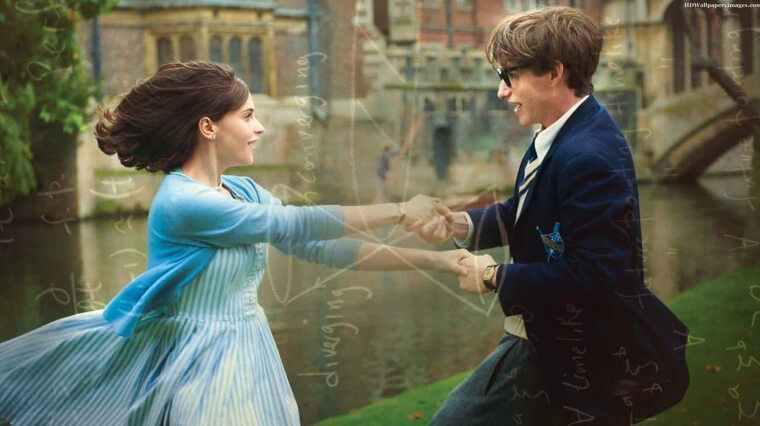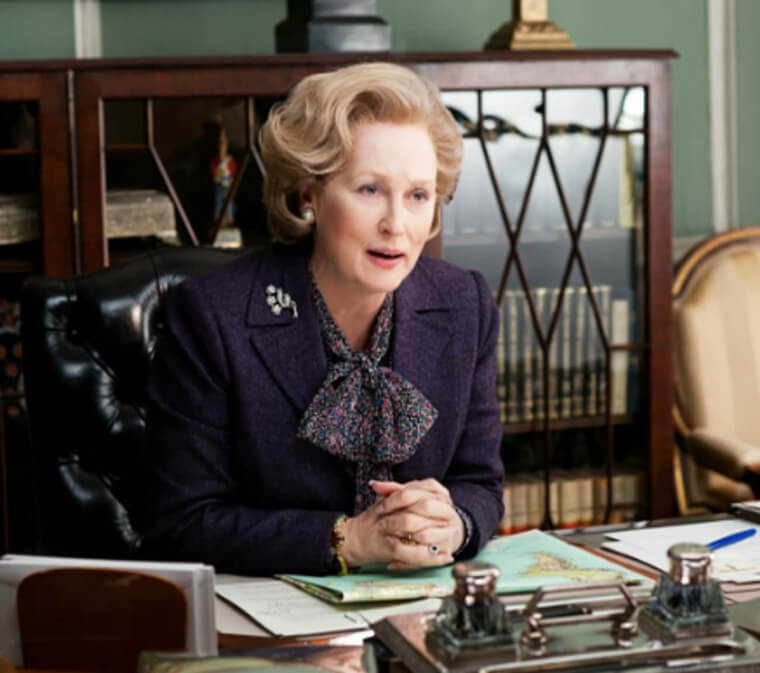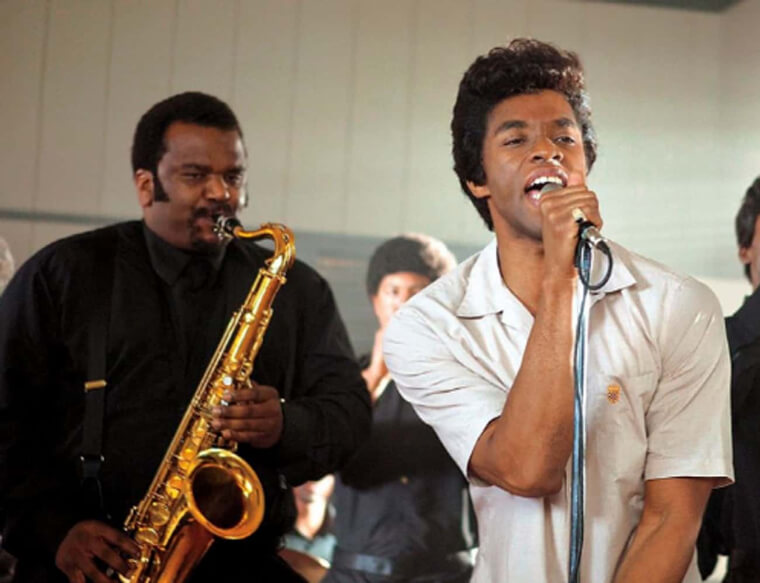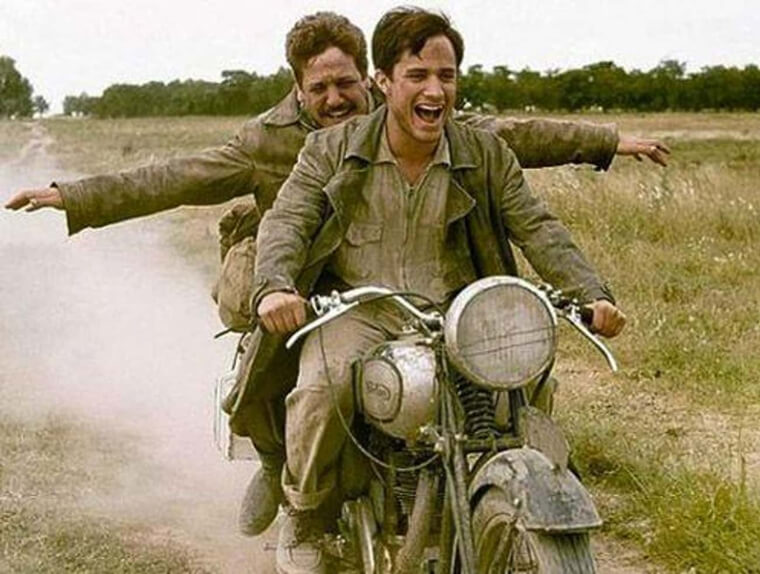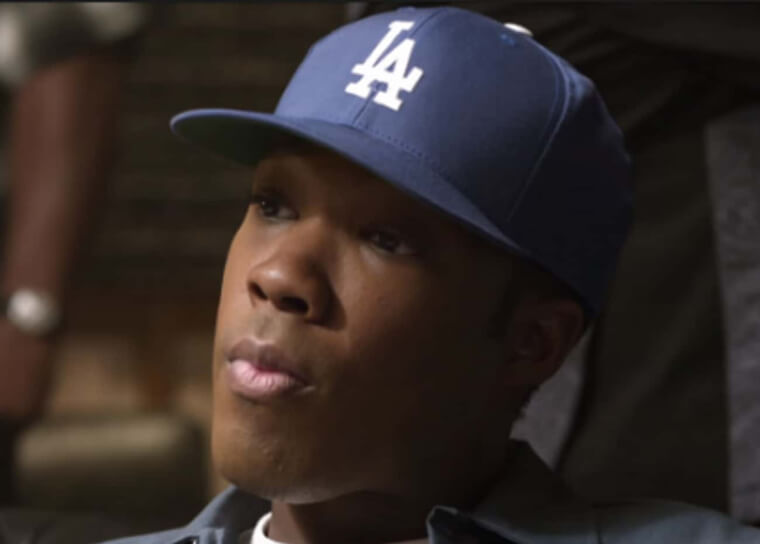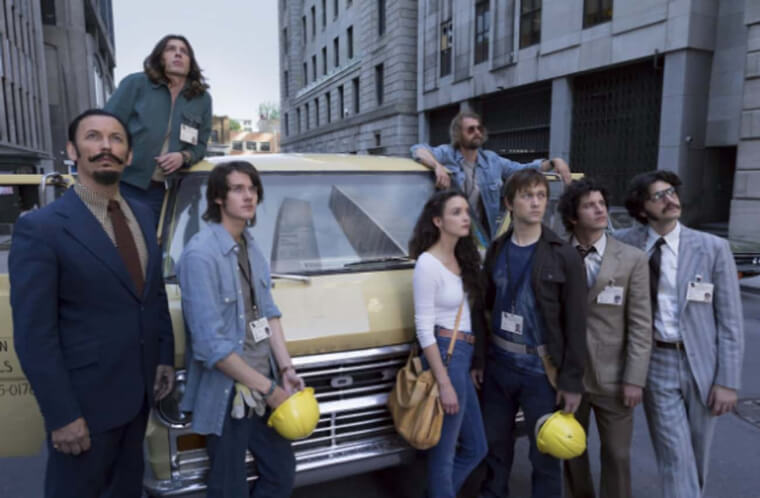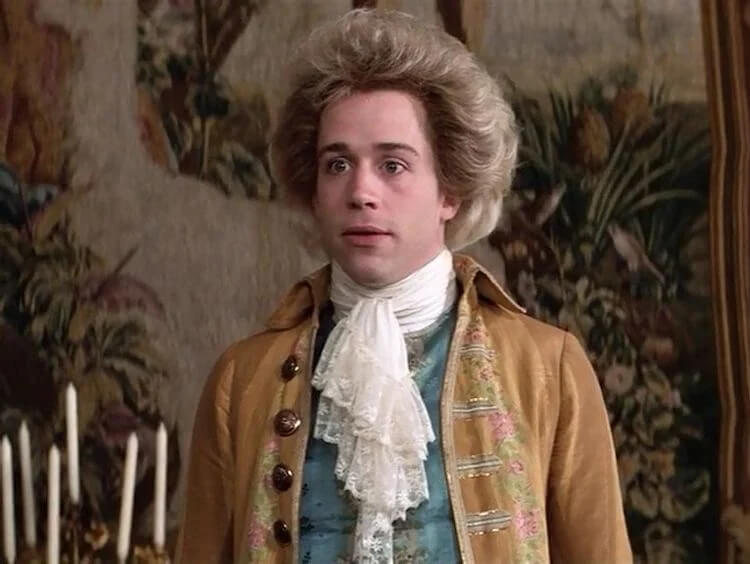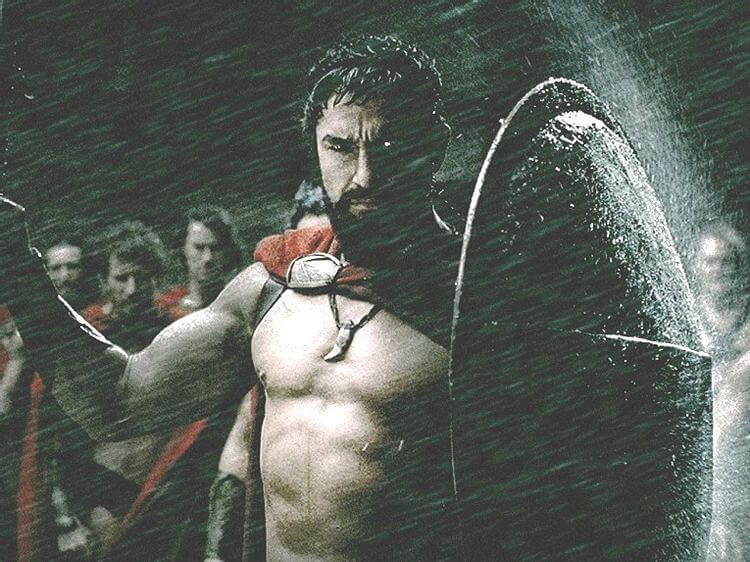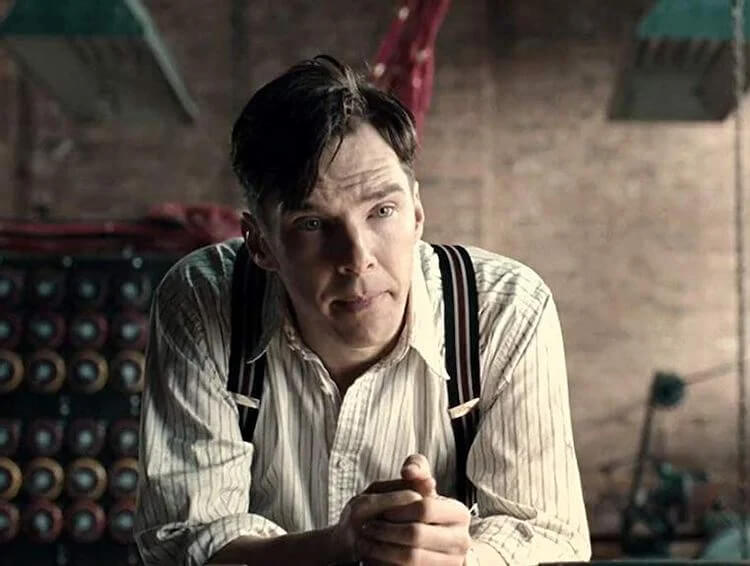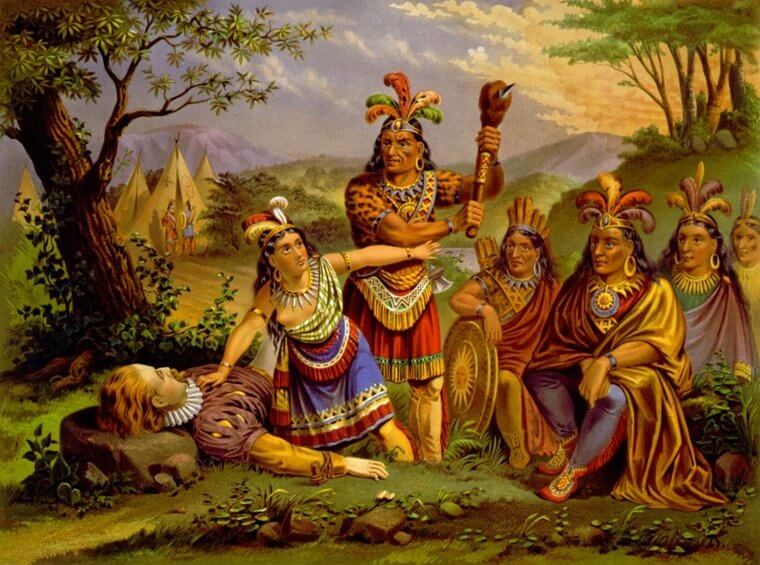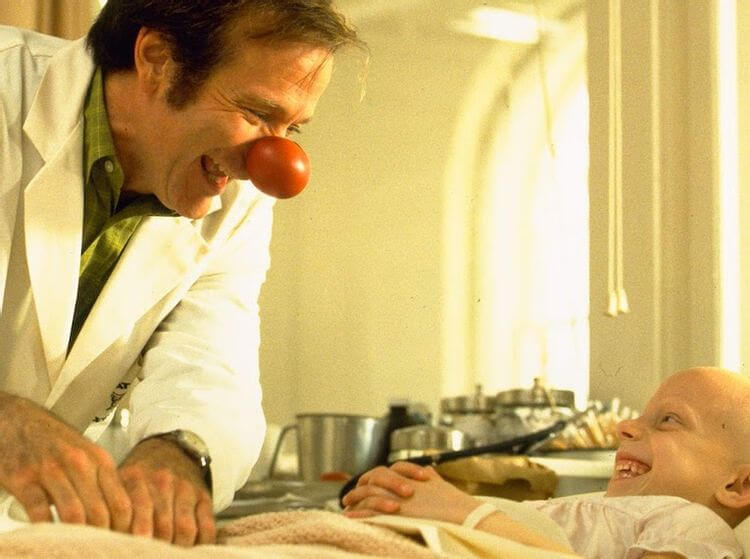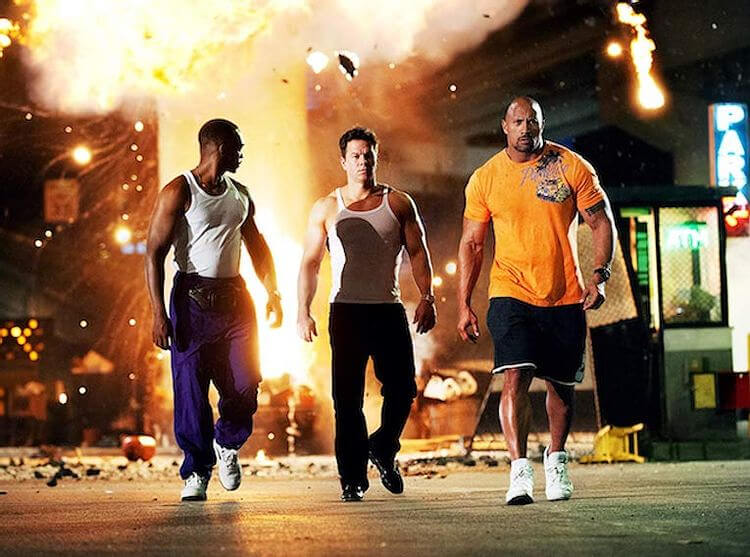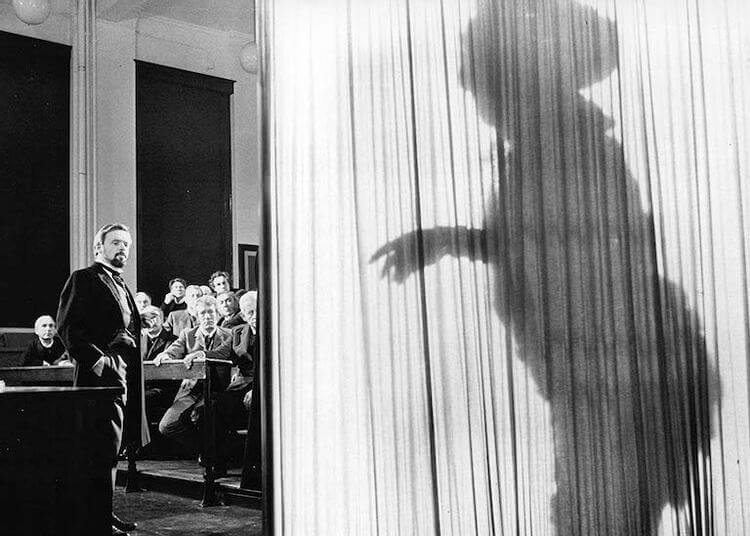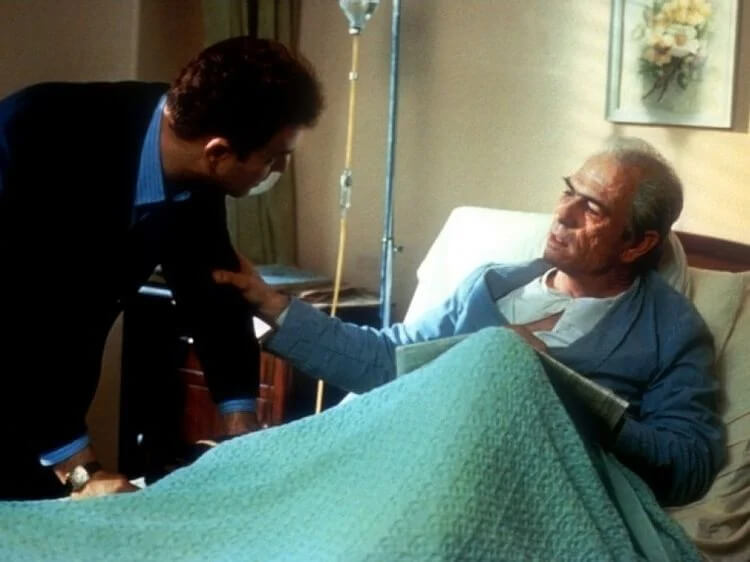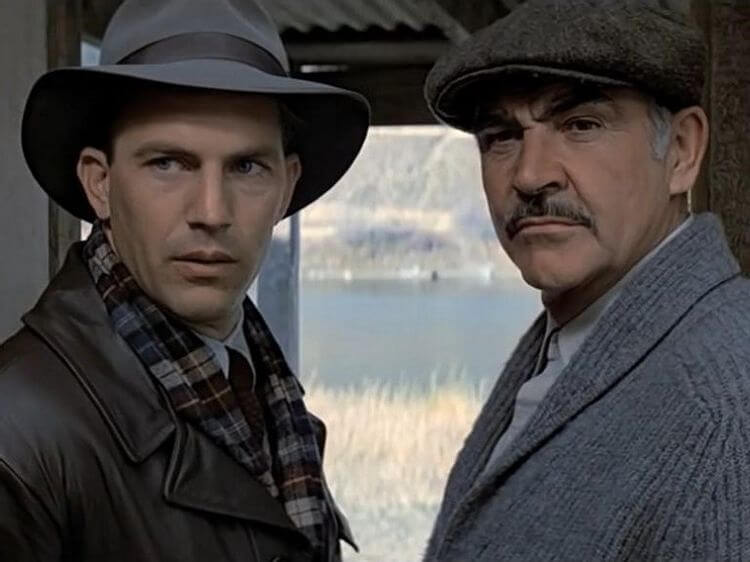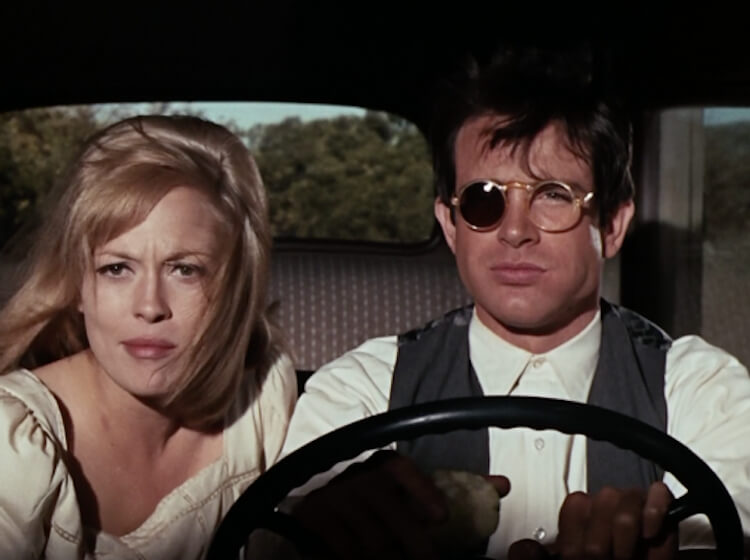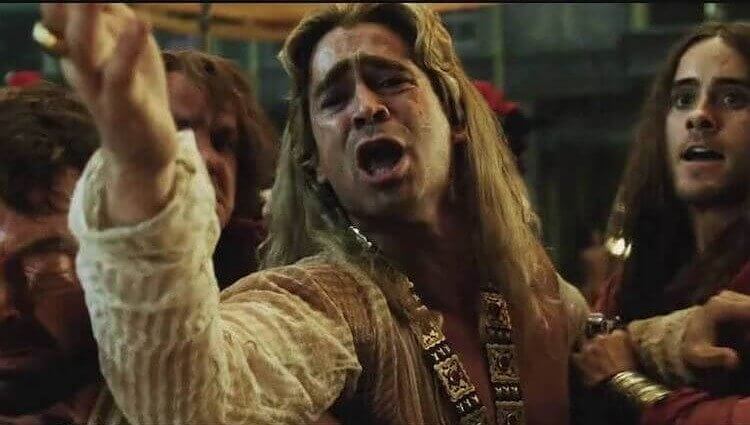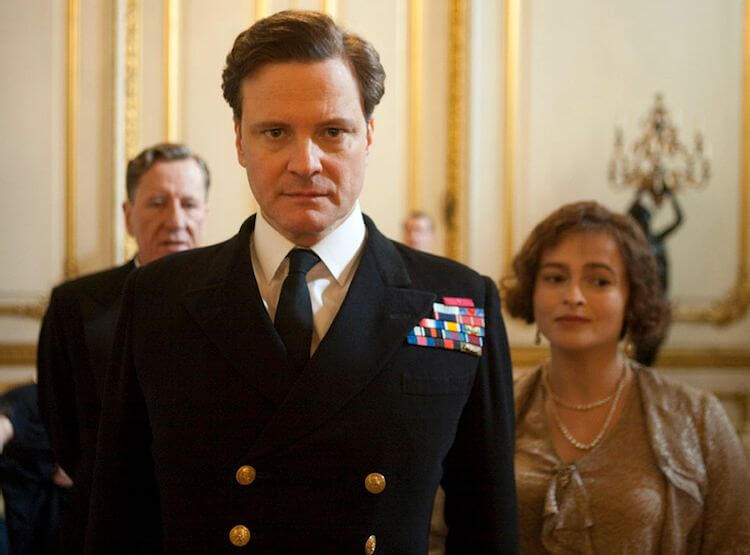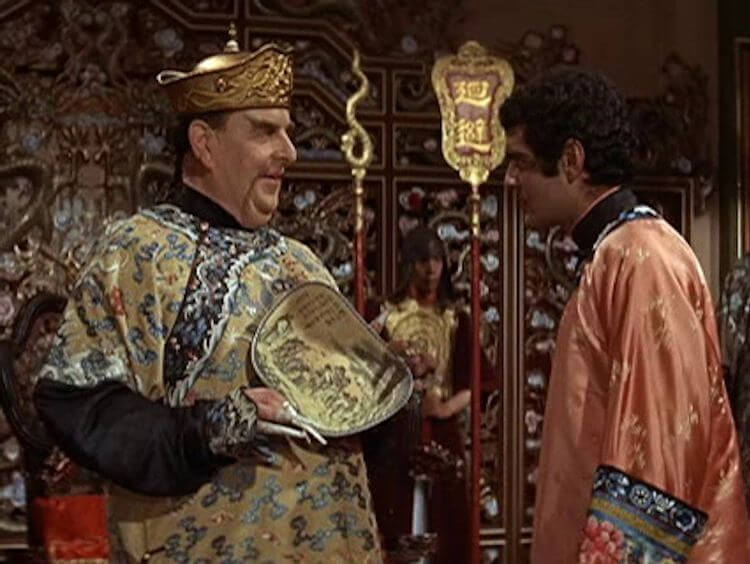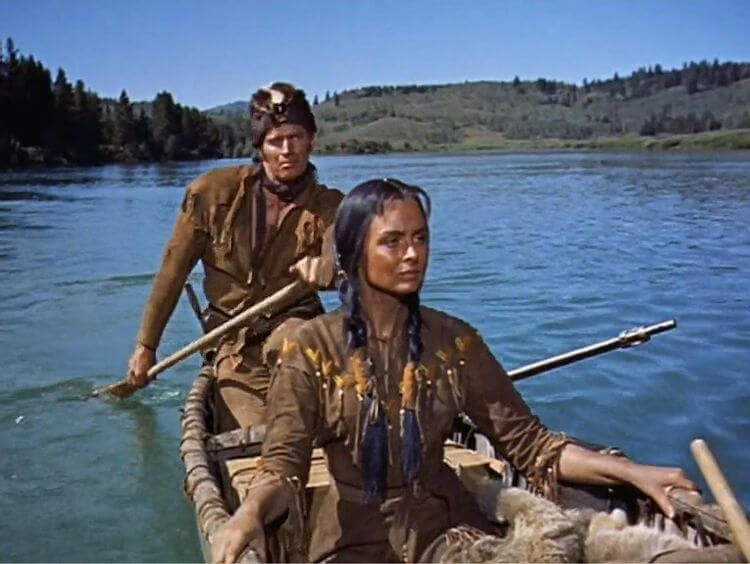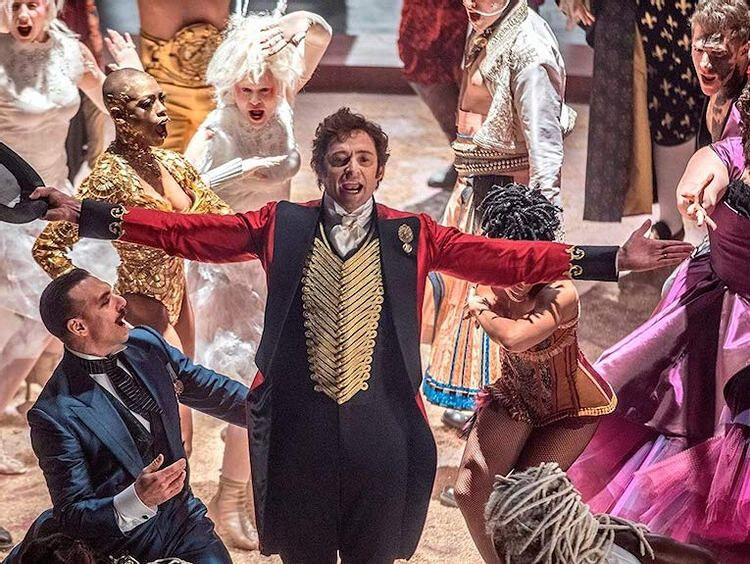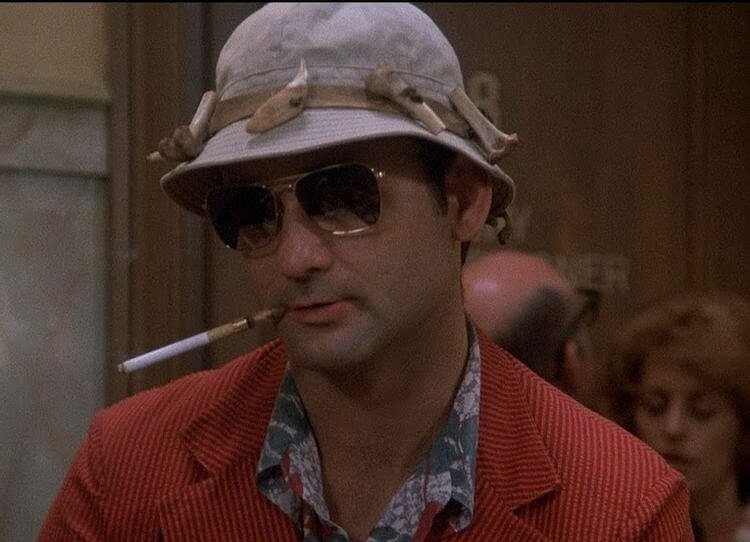This article was originally published on Kueez
Lincoln Conveniently Omitted The President's Own Racist Views
There can be no denying that 2012's epic biopic of the 16th President of the United States was a stirring, cinematic success. Playing the lead role in Lincoln, Daniel Day-Lewis was nothing short of spectacular as 'Honest Abe' and was rewarded for his work with an Oscar for Best Actor. The movie covers the final four months of the President's life, focusing on his efforts to abolish slavery by having the 13th Amendment passed. This is somewhat ironic, however.
While Lincoln didn't think slavery was a great look for the US, he held some extremely problematic views on the subject, once writing, "there is a physical difference between the white and Black races that will forever forbid the two races from living together on terms of social and political equality."
Walk The Line Drew The Line At Johnny Cash's Condor Massacre
2005's Walk The Line was an epic retelling of the life and times of country music legend, Johnny Cash. Expertly portrayed by Joaquin Phoenix, the James Mangold-directed biopic chronicles Cash's journey from his formative years on an Arkansas cotton farm to his rise to fame with Sun Records. The movie makes no attempt to paint the singer as a saint, far from it, but it does omit the fact that Cash almost wiped out an entire endangered species of bird!
In the summer of 1965, Johnny Cash drove a camper to Los Padres National Forest in California. High on amphetamines, the singer accidentally ignited some underbrush while trying to light a campfire, burning down three entire mountains worth of forest and wiping out 49 of the area's 53 endangered condors.
Remember The Titans Forgot That Coach Boone Was Actually A Jerk
There's no denying that Remember the Titans is one of the most inspirational and iconic sports movies of all time. The 2000 biopic was produced by Jerry Bruckheimer and stars Denzel Washington as the abrasive but pioneering high school football coach, Herman Boone. Boone had the unenviable task of integrating the Virginia-based T. C. Williams High School football team at a time when racial segregation was still very much part of the landscape in the south.
While Washington's portrayal of Boone was outstanding, the movie missed one crucial detail — the coach was a nasty piece of work. Following a team mutiny in response to his dictatorial style of coaching as well as verbal and physical abuse, Boone left T. C. Williams in disgrace.
Braveheart Was Certainly Brave With Its Make-Believe Script
Braveheart is one of the iconic '90s movies, with Mel Gibson kilted-up and in swashbuckling form. It tells the story of Sir William Wallace, the Scottish rebel leader who set out to do battle with King Edward I of England in the First War of Scottish Independence. The movie was incredibly well-received, both commercially and during awards season — Braveheart picked up 5 Oscars — but the litany of historical inaccuracies make the movie essentially more fiction than fact.
For starters, Wallace's nickname wasn't even 'Braveheart' (it does make a decent movie title, though) — that was Robert the Bruce. The kilts and the war paint were purely artistic license, these would have appeared about 300 years later. Don't get us started on the timeline...
Gandhi's Not-So-Saintly Behaviour With Underage Girls Went Undocumented
1982 saw the release of Gandhi, the story of the lawyer, Mohandas Gandhi, who launched a nationwide campaign of non-violent resistance against the British rule in what was then British India, pressuring the colonists to eventually liberate the country. Directed by Richard Attenborough, the biopic was a smash hit, winning 8 of its 11 nominations at the 55th Academy Awards in 1983. However, all was not as it seemed with the resistance leader.
While Gandhi is remembered as a beacon of moral righteousness — both by the movie and the history books — his questionable practice of sleeping next to young girls to test his piety and purity was extremely problematic. Gandhi also espoused some troubling views about black South Africans during his time in the country.
A Beautiful Mind's Portrayal Of John Nash's Character Didn't Quite Add Up
There's no denying that John Nash, the subject of 2001's A Beautiful Mind possessed an incredible brain, but questions have since been asked about the actual beauty of his mind. The Ron Howard-directed biopic won the Academy Award for Best Picture, and documents the life of mathematical genius Nash, who struggles to balance his astonishing intelligence with delusional episodes brought on by paranoid schizophrenia.
While it might be an undeniably heartfelt story about overcoming mental illness and finding love, the movie fails to tackle Nash's troubling attitudes towards Jewish people, as well as his well-documented relationships with men, something that Nash and his wife constantly denied.
The Blind Side Didn't Tell The True Side Of Michael Oher's Football Beginnings
Based on the book The Blind Side: Evolution of a Game by Michael Lewis, 2009's The Blind Side tells the heartwarming story of Michael Oher, a supremely gifted American Football offensive lineman who overcomes a difficult upbringing to make it in the NFL, thanks to his adoptive parents, Sean and Leigh Anne Tuohy. The biopic was a hit, raking in big box office numbers and Sandra Bullock was universally praised for her role as Leigh Anne, winning the Academy Award for Best Actress. But how accurate was the story really?
Yes, the Tuohy's greatly encouraged Michael with his game, but the idea that Leigh Anne was responsible for him taking up American Football is totally fabricated - Big Mike was being scouted long before she got involved in his life.
The Social Network Wrongly Suggested Eduardo Saverin Was The Good Guy
Aaron Sorkin's The Social Network documents the messy beginnings of the world's largest social media platform, Facebook — or should we say The Facebook. While we all know about Mark Zuckerberg — who is now one of the foremost names in tech — it was his one-time best friend Eduardo Saverin who helped launch the platform initially, thanks to $1,000 in seed funding. However, after being slowly frozen out of his own company, Saverin threatens to sue, with the parties eventually settling out of court.
What isn't made clear in The Social Network, however, is that Eduardo Saverin was no saint either. For dramatic balance, the movie required a villain, a role assumed by the Zuckerberg character, but Saverin squandered company funds at parties in New York and also took advantage of the platform by using it to advertise his own separate startup free of charge.
Kundun Failed To Mention Human Slavery And Abuse
Martin Scorsese's 1997 biopic, Kundun, follows the life of Tenzin Gyatso, the 14th (and current) Dalai Lama, the highest spiritual leader of Tibet. The movie brings to life the account of the Dalai Lama's early life, from his childhood through the Chinese invasion of Tibet and his journey into exile. Delivered in true Scorsese style, the film was well-received by the public and critics alike, nominated for 4 gongs at the 1998 Academy Awards.
However, while history — and Kundun — remembers the Tibetan monks as helpless victims of Communist China's brutal takeover of Tibet, the reality is far more complex. Prior to the Chinese invasion, the so-called "peaceful" monks owned and tortured human slaves.
The Miracle Worker Miraculously Omitted Helen Keller's Views On Eugenics
The Miracle Worker is an Aurthur Penn-directed biopic about Anne Sullivan, blind tutor to the author and disability rights activist, Helen Keller. Released in 1962, the movie was a feel-good smash hit, with stars Anne Bancroft and Patty Duke winning Oscars for Best Actress and Best Supporting Actress respectively. Helen Keller is widely considered to be one of the great American heroines due to her inspirational work in spite of her disabilities.
However, Keller also had some troubling views on the subject of eugenics. Airbrushed from The Miracle Worker, the activist once wrote "it is the possibility of happiness, intelligence and power that give life its sanctity, and they are absent in the case of a poor, misshapen, paralyzed, unthinking creature."
Birdman Of Alcatraz Wasn't So Mild-Mannered After All
The 1962 biopic, Birdman of Alcatraz, tells the story of Robert Stroud, a convicted murderer held in permanent isolation at the notorious Bay Area maximum security prison. At first despondent, Stroud combats loneliness by nursing an ailing bird back to health. This experience is the catalyst for a lifelong fascination and Stroud eventually becomes a talented ornithologist. The movie suggests Stroud's rebelliousness is limited to a critique he writes condemning the US prison system.
This is far from the truth. Portrayed throughout Birdman of Alcatraz as a mild-mannered soul, Stroud, according to his fellow inmates, remained violent and aggressive for the duration of his sentence, including the stabbing of a fellow inmate and assault of a hospital orderly.
The Theory Of Everything Ignored A Marriage Falling Apart
Eddie Redmayne picked up the Best Actor gong at the 2015 Oscars for his portrayal of Stephen Hawking, the brilliant astrophysicist, in The Theory of Everything. Set at the University of Cambridge, the biopic details the life of Hawking — who develops and learns to live with the neurodegenerative disease ALS — and his relationship with his wife, Jane. Redmayne turns in an undeniably Oscar-worthy performance, but the movie itself steers clear of uncomfortable truths.
The Theory of Everything is an adaptation of Jane Hawking's memoir Music to Move the Stars, in which she describes her husband as a "master puppeteer" and an "all-powerful emperor", as well as documenting his soon-to-be romantic relationship with his nurse, Elaine Mason. None of these details made the final cut, however.
The Iron Lady Was A Bit Of A Nasty Lady
The 2011 biopic of former British Prime Minister, Margaret Thatcher delivered audiences with a dose of Meryl Streep at her sublime best, with the actress picking up a much-deserved Academy Award for her performance. The Iron Lady — a nickname given to Thatcher by a Soviet journalist due to her uncompromising politics and leadership style — received a mixed reaction, perhaps in part to the fact it failed to document some of the less-flattering attitudes of the politician.
Thatcher's thoughts on migration were uncomfortable, to say the least, encouraging Australia to ban immigrants coming from the entire Asian continent. The Iron Lady also stigmatized the LGBT community in legislation — although the movie mysteriously omits these details.
The Doors Didn't Paint Jim Morrison In A Good Light
The Doors is a 1991 biopic that tells the story of Jim Morrison, the 1960s rock band frontman. Directed by Oliver Stone, the movie received mixed reviews, although Val Kilmer's portrayal of Morrison was widely praised. The main issue was Stone's liberty with the truth — Doors drummer John Densmore described it as "a beautiful impressionistic painting of the times".
The band's keyboardist, Ray Manzarek was not so kind. Manzarek accused Stone of fabricating a darker version of Morrison than what really existed, such as the numerous violent fits which the singer didn't throw in real life.
Get on Up Got Away With Not Mentioning James Brown's Song Theft
2014's Get on Up saw Chadwick Boseman give an outstanding performance as the legendary musician, James Brown. The movie documents his struggles to overcome poverty and adversity to become one of the greatest performers of all time. Unlike some biopics, Get on Up avoids slipping into hagiography territory and isn't shy to mention Brown's uglier side — his history of marital assault, for example. There is, however, one glaring omission.
Brown's one-time girlfriend and co-writer, Betty Jean Newsome took the singer to court after alleging that she hadn't been paid full royalties for the song, It's a Man's, Man's, Man's World. One of James Brown's biggest hits, a settlement assigned Newsome copyright to the song and a third of the royalties.
The Motorcycle Diaries Swerved Che Guevara's Racist Diary Entries
The Motorcycle Diaries is a 2004 biopic about the journey and written memoir of Ernesto "Che" Guevara, who become known globally as the iconic Marxist revolutionary and guerilla leader in the Cuban Revolution. The movie is a coming-of-age classic — expertly led by Gael Garcia Bernal as Guevara — that details the revolutionary's observations of injustices across Latin America and his subsequent radicalization. It fails to mention, though, Che's overtly racist thoughts.
In his diaries, Guevara characterizes "the Black" as "indolent and a dreamer; spending his meager wage on frivolity or drink" whereas "the European has a tradition of work and saving". He also wrote derogatory comments about black Africans "maintaining their racial purity thanks to a lack of affinity with bathing." Needless to say, these details didn't make the movie.
Straight Outta Compton Left Dr. Dre's History Of Assault Straight Out
2015 saw the release of Straight Outta Compton, which documented the rise and fall of the gangsta rap group N.W.A and of its famous members, including Dr. Dre, Ice Cube, and Eazy-E. The biopic was well received, achieving box office success and picking up an Academy Award nomination for Best Original Screenplay. The members of N.W.A were involved in the production of the movie, which might explain the decision to leave out an important historical detail.
While the story rightly focuses on N.W.A's awful treatment by law enforcement, Straight Outta Compton conveniently bypasses Dr. Dre's assault of the music journalist, Dee Barnes, back in 1991. Dre has since expressed remorse for the incident, but it clearly wasn't script-worthy.
The Walk Couldn't Resist The Hollywood Ending
The Walk is a captivating 3D biopic that tells the story of the French high-wire artist Philippe Petit's audacious 1974 walk between the World Trade Center's Twin Towers. Joseph Gordon-Levitt is excellent in his role as Petit, and the movie was impressively accurate — much in part to Petit himself teaching Gordon-Levitt to wire-walk. However, the ending of the movie is given some unrealistic 'feel good factor' treatment.
According to The Walk, following the completion of his impressive feat, Petit decides to stay in New York with his friends after his girlfriend moves back to Paris. This was misleading, since his friends were, in fact, deported for their role in the stunt. Ouch.
Amadeus Used A Symphony's Worth Of Artistic License
1984's Amadeus brought the world's most famous composer to the big screen. The Miloš Forman-directed biopic centers around Antonio Salieri's rivalry with the supremely talented Mozart, who seems intent on drinking away his god-given gift. Considered one of the greatest movies of all time, Amadeus won a staggering 8 Academy Awards and was recently selected for preservation in the United States National Film Registry by the Library of Congress. Problem is, the movie was laughably inaccurate.
Amadeus' portrayal of Mozart as a wild bachelor was totally made up, the truth being that he was happily married with 8 children. The composer's bitter rivalry with Salieri — and Salieri's character in general — was also misleading, given that they were friends at the time of Mozart's death.
300 Should Probably Have Been Called 5,000
300 is a 2007 adaptation of a comic series of the same name, ostensibly based on historical events around the Persian Wars. The movie was a mammoth success, grossing $465m at the box office from a meager budget of around $60m, and propelled Gerard Butler to worldwide stardom. Although undeniably successful, the film wasn't short of critics.
Had 300 simply declared itself a work of fiction, the litany of historical inaccuracies wouldn't have been an issue. The fact that the Greek forces at the Battle of Thermopylae were closer to 5,000 than 300, for example, makes a mockery of the movie's claim of accuracy.
The Imitation Game Didn't Exactly Imitate History
2014's The Imitation Game tells the story of British mathematical genius, Alan Turing and the remarkable machine he and his fellow cryptography team colleagues built to crack the German enigma codes which helped immensely in the effort to secure victory for the Allies in World War II. Benedict Cumberbatch is impressive as the supremely talented, yet tortured Turing, and the movie won an Academy Award for Best Writing. There is, however, an uncomfortable fallacy in the story.
The biopic suggests that Turing is blackmailed by a Soviet spy, who threatens to make the mathematician's sexuality public knowledge — homosexuality was still illegal in 1950s Britain. This account is inaccurate and very much a case of artistic license gone wild.
Pocahontas Had No Problem Airbrushing History
Disney's 1995 cartoon Pocahontas recounts the true story of a Native American woman belonging to the Powhatan people, who was notable for her closeness to the settlement at Jamestown, Virginia. The movie is one of the most loved of all Disney cartoons and it made a ton at the box office, as well as picking up a couple of Academy Awards for its excellent music. The movie is, of course, a cartoon, but the complete abandonment of historical accuracy is slightly grating.
There is no evidence of a romantic relationship ever having taken place between Pochahontas and John Smith. In fact, the chief's daughter would have been around 10-years-old when the Company arrived in 1607, not the young adult she's portrayed as in the movie. Historical records also tell us that Smith had a harsh exterior and authoritarian personality, rather than the amiable one shown in Disney's adaptation.
Patch Adams Wasn't A Patch On The Real Life Doctor
Patch Adams was released in 1998 and tells the story of Dr. Hunter "Patch" Adams, the famous American doctor who, during the late '60s and early '70s, treated patients using humor, rather than conventional medicine. While the movie was a commercial success — helped in part by Robin Williams' casting — it didn't go down well with critics, due to its deviation from the real story.
It's not just the factual inaccuracies of the biopic that left critics shaking their heads, but the entire tone seems to make light of an important medical story. The real Patch Adams once told the film critic Roger Ebert, "I hate that movie". Ouch.
CBGB Gave Punk Rock Viewers The Heebie-Jeebies
2013 saw the release of CBGB, a biopic documenting the former New York music venue of the same name. It follows the story of the club's initial concept as a Country, Bluegrass & Blues (CBGB) venue to its eventual legendary status as the birthplace of underground punk rock. Even Alan Rickman, who plays club owner Hilly Kristal, couldn't prevent this movie from being absolutely panned by fans and critics alike.
Stone's story omits any iconic people of color, despite their importance to the club's history. Rickman's Kristal is also made to appear in over his head, even though he enjoyed incredible success.
Pain & Gain Showed A Painful Disregard For The Truth
The Michael Bay-directed effort, Pain & Gain probably just about scrapes into the 'biopic' genre. Released in 2013, it's an action-comedy loosely based on a series of New York Times articles which detail the kidnapping, extortion, torture, and murder of several victims by the Sun Gym gang. In reality, the movie has no correlation to real-life events.
For starters, the double-murder is depicted in the film as being a slapstick accident, when in actual fact it was a premeditated hit job. Daniel Lugo, the character played by Mark Walhberg, was actually of Puerto Rican descent and never befriended Victor, Tony Shalhoub's character.
The Elephant Man Got Its Names Mixed Up
1980's biopic The Elephant Man tells the story of John Merrick, a severely deformed man in late 19th-century London. Directed by David Lynch, the movie was both a commercial and critical success, receiving 8 Academy Award nominations. While the biopic, in general, is a faithful adaptation of the story, the film's portrayal of its subject leaves a lot to be desired.
The most bizarre inaccuracy was the decision to call Merrick 'John' when in actual fact his name was 'Joseph'. The movie also portrays Merrick as being a slave to a series of carnival showmen, when the truth is that he was typically involved as a business partner.
It Turns Out Cobb Was Neither Violent Nor Racist
Cobb is a 1994 biopic that tells the story of the legendary Detroit Tigers baseball player, Ty Cobb. Although a talented outfielder, "The Georgia Peach" was also a racist, a drunk, and a wife-beater, according to the movie. The problem is, the on-screen tale is an adaptation of a book written by the real-life Al Stump who, it turns out, was hardly a trustworthy source.
Subsequent historical research proves that, contrary to the movie's plot, Cobb never killed anybody. Nor was he the violent racist portrayed by Tommy Lee Jones.
The Untouchables Took The Law Into Its Own Hands When It Came To Facts
Directed by Brian De Palma and released in 1987, The Untouchables tells the story of Eliot Ness, an American Prohibition agent, who forms a hit squad (called the Untouchables) to bring down the notorious Prohibition-era gangster, Al Capone. The biopic was well-received, nominated for 4 Academy Awards, with Sean Connery picking up the gong for Best Supporting Actor. Alas, the movie took some historical liberties.
For starters, the real-life Ness was nothing like Kevin Costner's portrayal and the raids carried out by the team just weren't as exciting as the movie would have us believe.
Bonnie And Clyde Ignores Their Real-Life Brutality
The 1967 biopic Bonnie and Clyde follows the story of Clyde Barrow and Bonnie Parker, the infamous criminal couple who traveled the Central United States with their gang during the Great Depression. Considered one of the first films of the New Hollywood era, it has been selected for preservation in the US National Film Registry as "culturally, historically, or aesthetically significant." Problem is, the movie glossed over a lot of historical detail.
The film centers around the romantic relationship of Bonnie and Clyde, yet it's unknown whether they were even lovers. The criminals are also given the Robin Hood treatment, depicting them robbing large, corporate banks, when, in reality, their spree focused on small-town stores and gas stations.
Alexander Wasn't Great At Sticking To The Facts
2004's Alexander is an Oliver Stone-directed epic retelling of the life of the ancient Macedonian general and king Alexander the Great. The movie wasn't cheap to make and only just made its costs back at the box office, thus considered a commercial flop. Epic indeed, the biopic runs for almost 3 hours and includes some spurious historical details.
One of these curious inaccuracies was the portrayal of the Persian army as a disorganized, rag-tag bunch of fighters. This couldn't be further from the truth according to the history books.
The King's Speech Made Too Big A Deal Of The King's Speech
Colin Firth stars in The King's Speech, the 2010 biopic that tells the story of King Edward VI's overcoming of his debilitating stammer with the help of Australian speech therapist, Lionel Logue. The film was a monumental success, receiving 12 Academy Award nominations and raking in just under $450m from a meager budget of $15m. The King's Speech had one, slightly major historical inaccuracy, however.
The entire basis of the movie was that King George's speech impediment was debilitating. The thing is, it wasn't that bad. In fact, pre-therapy, the monarch was entirely able to deliver a speech if he focused hard enough.
The Conqueror Was Offensive In Virtually Every Possible Way
The Conqueror was released in 1956 and stars John Wayne as the all-conquering Genghis Khan, who falls in love with Bortai, the daughter of the Tartar leader, and abducts her. Frankly, the movie was an absolutely shocker and was listed in the 1978 book The Fifty Worst Films Of All Time. There were plenty of reasons for this.
Setting aside the problematic fact that most of the cast was in brownface, the whole adduction storyline was fabricated. In actual fact, Bortai was betrothed to Khan in an arranged marriage. The costumes and dialogue also left a lot to be desired.
The Far Horizons Was Far From The Truth
Another somewhat controversial biopic from the 1950s, The Far Horizons tells the story of the Lewis and Clark Expedition and stars Charlton Heston and Donna Reed as William Clark and Shoshone Sacagawea respectively. The movie was listed as one of Time Magazine's top ten most historically misleading films — primarily due to Reed's casting.
Not only was the use of brownface a shocking decision by the movie's producers, but the script also shoehorned a romantic relationship story between Clark and Sacagawea, even though her real-life husband was the tour's guide, Toussaint Charbonneau.
The Greatest Showman's Real-Life Exploitation Was Not-So-Great
The Greatest Showman is a 2017 musical drama starring Hugh Jackman as the American showman, P.T. Barnum. Inspired by the story of Barnum's creation of his museum and its star attractions, the movie was a huge commercial and critical success and won numerous awards for its soundtrack. There was, however, no shortage of artistic license use in the biopic's production.
In reality, P.T. Barnum had a history of exploring his acts. According to accounts, the showman once purchased African American woman and pulled her teeth out to make her look older. The darker side of Barnum's entertainment is conspicuous in its absence in the movie.
Where The Buffalo Roam Left a Lot to Be Desired
1980's comedy biopic, Where The Buffalo Roam loosely depicts author Hunter S. Thompson's rise to fame in the '70s and his relationship with the Chicano activist, Oscar "Zeta" Acosta. Bill Murray is outstanding in the role of Thompson — the author himself even agreed that, but the overall movie is a series of slightly bizarre episodes strung together.
Of the overall movie, Thompson commented that it's "just a horrible movie, a cartoon" and Movie historian, Leonard Maltin remarked that "Even Neil Young's music score can't save this dreadful comedy".
